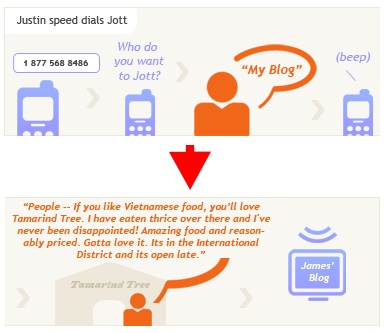“After a couple years of spirited negotiations, Google has signed agreements with the Associated Press and AFP that will reduce the amount of traffic Google News refers to news sites. First, Google News will start hosting full versions of AP stories instead of linking off to them. And second, Google will begin to filter out duplicates of the same AP story. So you won’t see multiple versions of an AP story from various newspapers, listed with the most recent at the top. Google said the end result is less duplication and a better variety of stories.” — Lost Remote
Do radio stations still subscribe to the AP? It’s been years since I was in radio stations, talking with managers about news and where/how they get it. But even back then, a lot of stations really only relied on AP for state news and high school football scores. Our company offers a “poor man’s wire service” that still has an amazing number of subscribers. [Yo, David. Can you give us an update on this?]
Perhaps the bigger question is… how much do listeners rely on their local radio station for news. I would think a lot. But what’s the order of importance? Local…state…national…world? What can/do I get from my local radio station (on air or online)… and what do I get from a Google search (perhaps on my mobile phone)?
These are interesting times.


